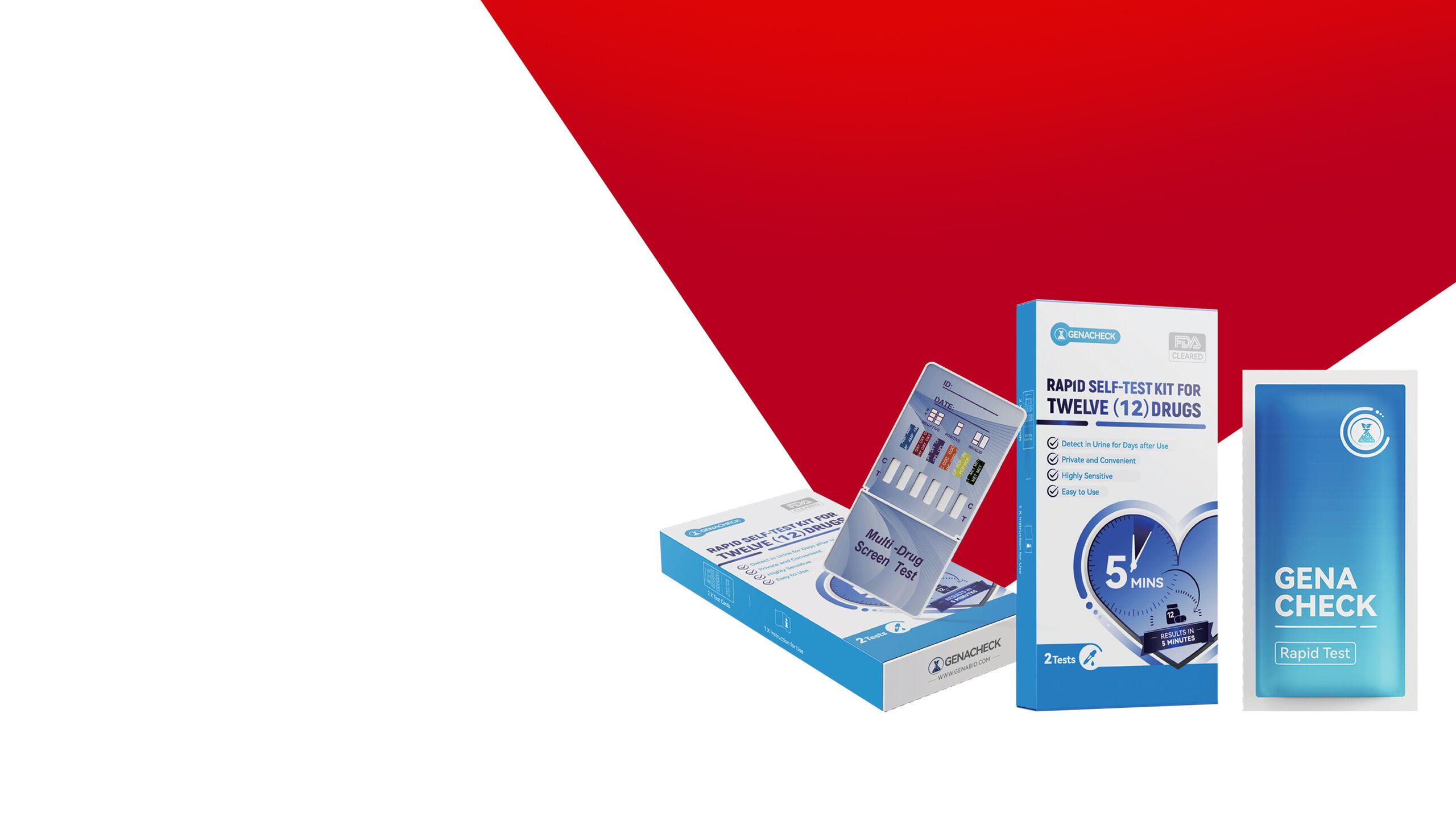 White Hat Link Building – Safe. Powerful. Long-Term.
White Hat Link Building – Safe. Powerful. Long-Term.
Importance of Confidentiality in Sworn Translation : A Guide for Sensitive Documents
Written by Dextar » Updated on: June 17th, 2025

Nowadays, it is often the case that customers-business people, legal entities, and individuals-order sworn translations of sensitive documents, like legal contracts, medical records, patents, and financial statements, which house confidential information. Ensuring confidentiality within the translation process is not merely an ethical requirement; it is mostly legally binding in nature.
Importance of confidentiality regarding sworn translations:
Notably, these translations are or will be used in several official and legal places; confidentiality is, therefore, paramount. Unlike a general translation, sworn translations mostly contain sensitive information that needs to be kept safe from being misused. Lack of confidentiality can bring a case into legal consequence, financial loss, and loss of organisational reputation.
The following guide summarises a number of key strategies for protecting sensitive information in sworn translations.
Looking for a Sworn Translator Who Is Reliable
First of all, one wants to choose a sworn translator or translation agency that is reputable for handling sensitive documents. Considerations:
Credentials and Certification: Verify that the translator is licensed in the country/state where a translation will be used. Notably, a sworn translator will take an oath in regards to the accuracy and confidentiality of the documents. So, check for certifications, professional associations they belonged to, customer testimonials speaking about their relationship with confidentiality.
Understanding NDAs: To keep in mind: any responsible translator will promptly sign a nondisclosure agreement. This NDA legally binds the translator into the confidentiality of the documents and not sharing sensitive information with some third party.
Use of Secure File Transfer Methods: As mailing or using courier services is harder to secure compared to sending sensitive documents electronically, at times it is safer. Here are some practices to follow in this regard:
Secure Channels of Communication: Ensure all documents are transmitted by encrypted channels, be it a secure e-mailing service or cloud-based file-sharing platforms offering complete end-to-end encryption. This will ensure that hackers do not intercept the data in transit.
Password-Protected Files: Additionally, sensitive documents can be password-protected before sending to the translator. Then, share the password separately through some other form of communication-some other phone call or some other email platform-to minimise the possibility of unauthorised access.
Establish a clear policy of confidentiality with the translator Before giving the translation job, there should be clear policies of confidentiality with the sworn translator or the translation agency. This would make both parties aware of being responsible for the protection of sensitive information.
Define Data Handling Procedures: Clearly outline the storage, processing, and transmission of the documents. Describe who shall have access to the documents and for how long, and how it shall be disposed of after completion of translation. This will go a long way in ensuring minimal risk at every stage as relates to data breaches.
Restrict Access to Authorised Personnel Only: Third-party access: Ensure that sensitive documents can only be accessed by persons having a right to see them. For instance, ask your translation agency how it monitors access to data and the documents' access. Confirm whether it ensures that sensitive information gets reduced since only the translator assigned to your project will handle the documents.
Data Security Employment
Data security is an issue that is very important for any organisation to uphold confidentiality in its sensitive information. Following are a few strategies that can help in improving the security of data when translations are going on:
Data at Rest Encryption: Encryption secures stored data and must be applied by sworn translators and agencies. Data protected by encryption is unreadable, even if unauthorised parties reach the system, since an appropriate decryption key would be required for data readability.
Constant Security Audits: Choose a translator or agency that clearly undertakes security audits in order to locate and enhance potential threats in their data handling systems. These ensure that security protocols are up-to-date and capable of protecting sensitive information.
Conform to Any Legal Requirements: Of note, these protection laws are in place to guarantee confidentiality regarding legal, sworn, and general translations. Notoriously, in the European Union, the General Data Protection Regulation has specific metrics for the handling, storage, and sharing of personal data.
Local vs International Laws
Being aware of different national and international legislation on protection is also important - if there is any personal data in your sensitive documents, make sure the sworn translator or agency is cognizant of these laws. Making sure to conform with such laws mostly ensures that any legal requirement is complied with during translation; thereby minimising the chances of any possible legal complications.
What About DPAs
As a more rigorous approach, you may want to consider preparing a Data Processing Agreement (DPA) with the translator or agency. A DPA will specify how personal data shall be processed and protected through the translation project so that conformity to the laws on data protection is ensured, with an additional level of security regarding sensitive information.
Note: IndiBlogHub features both user-submitted and editorial content. We do not verify third-party contributions. Read our Disclaimer and Privacy Policyfor details.
Copyright © 2019-2025 IndiBlogHub.com. All rights reserved. Hosted on DigitalOcean for fast, reliable performance.













